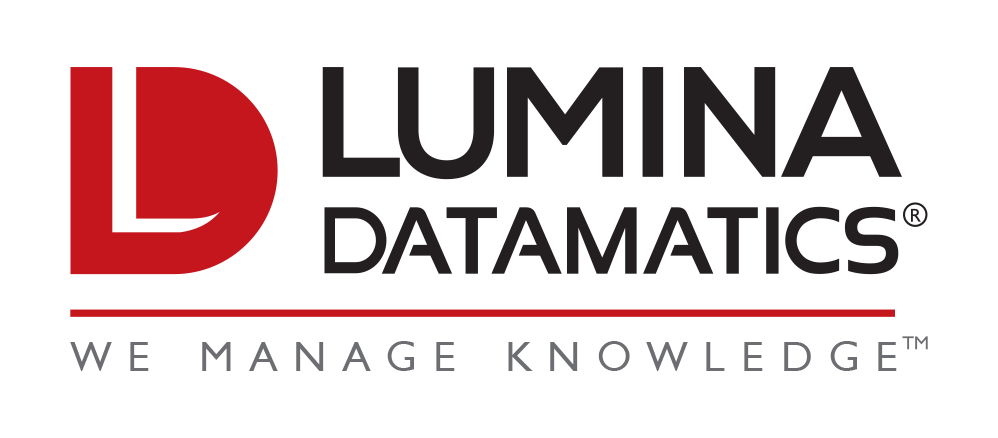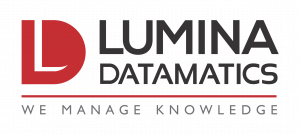“OK… so I read your blog. You do more than answer email, but otherwise it’s pretty straightforward work, right?”
Well… not really. As a project manager in the education publishing industry, you must be flexible and familiarize yourself with a variety of tasks and responsibilities. These may seem overwhelming at times, but it’s actually a very positive experience. In this profession, you’re always learning and adding to your skillset and knowledge base; it’s one of the things I enjoy most about it, truthfully.
In my experience, this has helped me to not only be able to assist fellow colleagues in better understanding and adapting to new roles/responsibilities, but some of this has bled into my personal life, helping me become a more well-rounded individual.
Without further ado, let’s look at few more ways PMs add value via the various roles we play on a day-to-day basis.
-
- Software/technology trainer – In a previous posting, I explained how effective project managers must be adaptable and trainable when it comes to learning new platforms and technologies as the publishing industry becomes more deeply digitized. This is especially important when we receive new projects which require us to get access to, and subsequently use online databases, repositories, courses, and more. That said, not only do you have to be comfortable and confident with these technologies and platforms, but you’re also entrusted to pass that knowledge and skill over to your subject matter experts and authors.
The first step is ensuring that you – as the PM – understand the nuances regarding access into the various portals and platforms, as well as how to navigate them after entering. This may include getting specific permissions, numerous weblinks, and specified guidelines (among other things). After I feel comfortable in my own understanding, what I find helps me is making sure I can create a bulleted list that details the various steps regarding access and navigation, all while making the instructions as digestible as possible. The main goal here is to not convolute things and only detail the need-to-know items; marked up screenshots often help. I then pass the instructions along to my SME or author, ask them to review in full, and then offer to connect so that we can do a quick demo and really lock in that understanding.
Most times, these instructions and demo are enough to get a SME/author where they need to be. Other times though, they may need additional help. Certainly, the minimal time a subsequent demo, phone call, or email thread takes can go a long way toward ensuring the SME isn’t spinning their wheels and wasting valuable time within your collective schedule. This is also important because if and when you receive another similar project, the process will be much more turnkey… if you’re able to use the same SME/author of course.
-
- Invoicing administrator – I’d also mentioned previously how project managers need to track financials to ensure a project isn’t trending over budget. Another financial role or task we typically take on is ensuring our company gets paid for the services provided. This includes finalizing counts on items, pages, and number of words copyedited (amongst other things) and comparing them against the raw files to ensure accuracy. And while we want to ensure our company is properly compensated, we also need to pay our subject matter experts/authors for their own work on said project(s) in a timely and accurate manner.
At the outset of any project – after the estimate is approved – we create contracts detailing expectations on counts, timeline, and total value for any SMEs’ or authors’ work. Depending on the size and length of the project, we may pay our SMEs/authors once, twice, or sometimes more. Therefore, it is imperative that all tracking devices are set up properly and counts are always accurate and up-to-date.
This may go without saying, but making certain SMEs/authors are paid correctly – and on time – for their hard work is a key factor in maintaining healthy, successful relationships.
-
- Copyeditor/Proofreader/QA-QC specialist – The heart of any educational publishing project is quality. And while no project manager is expected to be an expert copyeditor, proofer, or QA-QC specialist – the ability to maintain consistent, high levels of quality across a project is of utmost importance.
The first step toward doing so is being intimately familiar with the project’s standards and guidelines. These may include a specific style guide, expected coverage for inclusivity and diversity, file naming conventions, and requested percentage of revisions or new authoring (among many other potential requirements). The next is conveying those standards to the project’s SMEs/authors and confirming that they understand the importance of complying with these standards and guidelines.
Any time a document or file is delivered, the project manager should compare it against the guidelines and confirm that it checks all the required boxes and is of the best possible quality before handing it over to the client. This may be obvious, but even taking a minute to run a quick spelling and grammar check can save a busy PM from potentially making a mistake they may not have made the day, week, or month before. (Of course, we always do far more than just running a spelling and grammar check! That’s just one example of an easy extra step.)
A high-functioning project manager is constantly juggling a number of tasks and responsibilities that go well beyond analyzing requirements, building relationships, and staffing projects appropriately. An important point to realize, though, is that if you’re overwhelmed and feel you have too many balls in the air, it’s OK to ask for help. You may not feel strongly about your editorial or financial skills, but that’s alright. If you’re working toward improving them and are comfortable asking for assistance when needed, you’re moving in the right direction toward a successful project completion.
Do you have an experience you’d like to share with the author or interested in hearing more about Lumina’s project management approach and team? We want to hear from you! Email Lumina to share your thoughts or consider taking the time to read some of our other wonderful Lumina Datamatics blog posts.





0 Comments